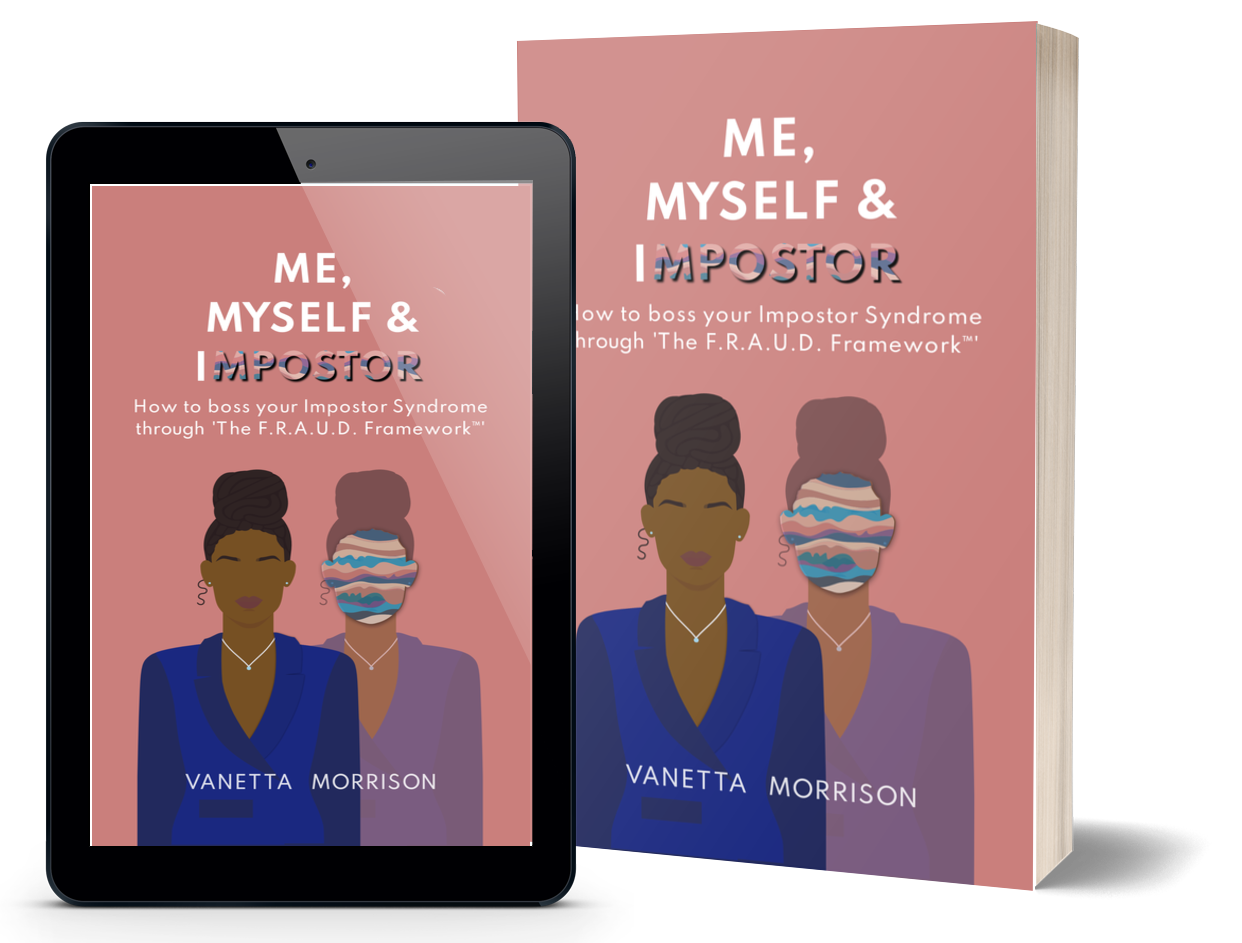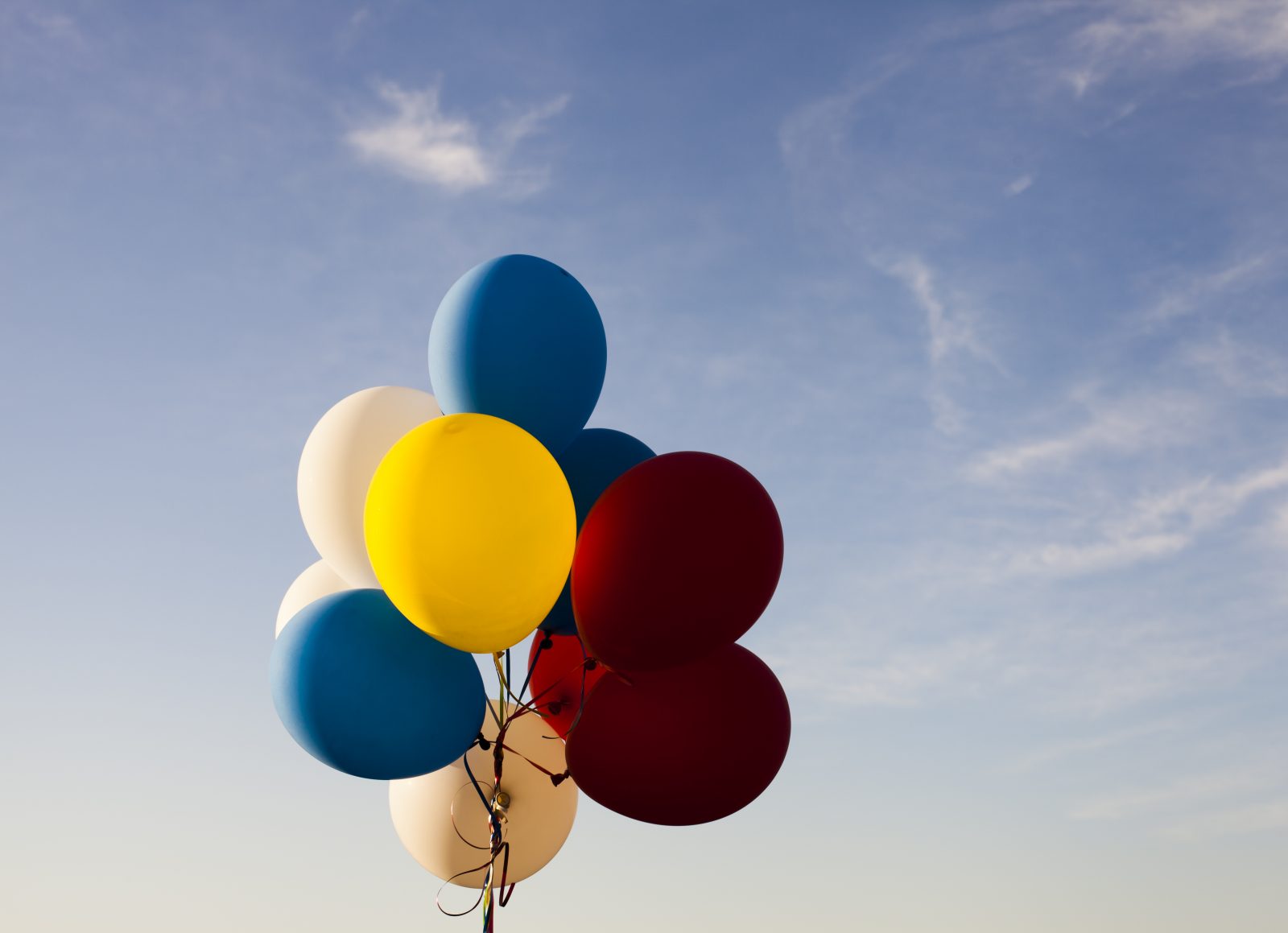3. Gift yourself care
Try not to neglect your own health, it just makes things harder. Don’t just eat junk food, watch mindless TV and isolate yourself from everyone around you. It just makes things harder for you as your body is run down by bad food and no exercise; your soul misses connection with loved ones and your mind goes numb from all the TV drama. And then you start feeling more sad because you are gaining weight, losing friends and losing brain cells. Maintaining a healthy lifestyle helps you grow your resilience muscles which is what you will need when you’re grieving.
Another way of practising self-care: if you need to speak to a counsellor or therapist, please do! Don’t feel less than or ashamed for not being able to get through this by yourself. Although loss is a universal experience, we all process it differently. Speak to a counsellor if you need one and even if you are just curious about how you are handling your grief.
4. Gift yourself anchors
Anchors are what keep us tethered to the shores of reality and hope, when the waves of grief threaten to drown us.
This is something I truly learnt the importance of while working with survivors of sexual abuse and have been intentional about for myself ever since. If you have been traumatised in some way, it can be really hard to feel safe and heightened anxiety goes hand in hand with losing your sense of safety. Death reminds us all of our own mortality. Life is a gift we have little say in giving or getting whether we believe in the Big Bang or God. So, what we need to do, ideally before tragedy strikes, is to identify the the people and things that keep us grounded when life gets rough. But it can also be something you develop while going through grief and loss e.g. maintaining routines, taking on new hobbies, leaning on family and friends. Anchors are what keep us tethered to the shores of reality and hope, when the waves of grief threaten to drown us.
So if you don’t have anchors yet, find them. And if you do, let them support you in your wrestling with grief.
5. Gift yourself hope
This is a tough one – holding on to hope that things will feel better when your loss is hurting beyond anything you could have imagined. But hope is one of the strongest anchors we can have in our corner. The belief that things will feel better or will get better is a powerful one. Faith can be a great source of hope to you. But even if you don’t have a faith, you can look for hope by speaking to people who have experienced loss similar to yours and processed it in a way they no longer feel broken about it. Hope isn’t about never feeling sad again, because you might always feel sad when love is lost. It is however about not letting the sadness take over your whole existence and instead believing that feeling joy can be possible again. There are many resources available to help with cultivating hope, like this one. As cliché as it might sound, there is truth in the aphorism H.O.P.E – hold on, pain ends.
If you, or anyone you know is struggling with grief and need help, feel free to contact me.
Here, and honoured to help,
Vanetta


